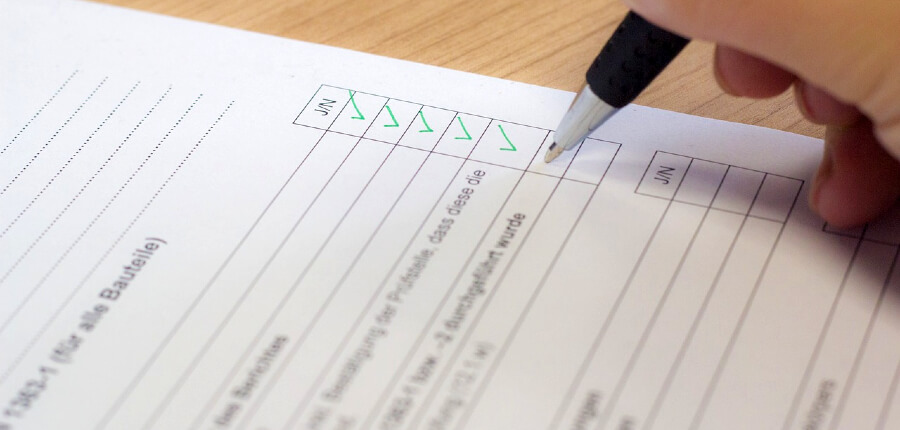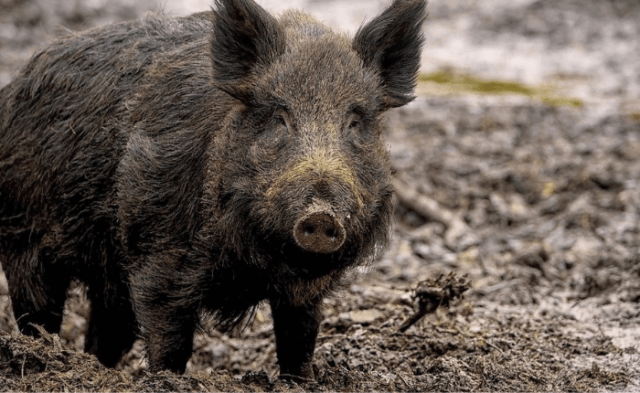You work hard to establish your legacy. You spend a lifetime building your assets, passing along your wisdom and values to those you love, and sharing your compassion with everyone you meet. That’s why it’s vital to ensure that your legacy carries forward beyond your lifetime by making provisions for yourself, your loved ones—animal companions included!—and your favorite charitable causes in your estate plans. Estate planning allows us to protect our hard work and those we care for, which is one of the most important things that we can do.
PETA has laid out the steps that we should all be taking when creating our legacies. Let’s go through them together.
- Inventory Your Assets
The first step is to inventory your assets and get organized. From your financial accounts and life insurance to your car, home, and collectible items, it’s important to inventory what you have. This even includes digital assets like online accounts as well as music and photos that you may have stored in the Cloud. To help you take this first step, PETA offers several free resources, including our Getting Organized and Getting Started workbooks, which you can request by using this form.
- Plan for Yourself and Others
The second step is to plan for yourself and your loved ones, including your spouse or partner, children, parents, other family members, friends, and anyone else important to you. What do you need in terms of a financial plan as you go through life? Who do you want to make sure is taken care of, and how? What are your goals? These are important questions that we all need to consider.
- Plan for Your Animal Companions
The third step concerns a very important segment of your loved ones: your animal companions. It’s essential to give special attention to planning for their future, should they survive you. We all need to ensure that there is someone ready and willing to provide our animal companions with immediate care—food, water, walks—and, most importantly, love and consolation, because our animal companions will know that something has changed. It’s best if that person already knows the animals and they feel comfortable with one another.
It’s also important to make sure that you’ve chosen permanent guardians you can trust to provide your animal companions with a lifetime of the kind of care and attention that they’re accustomed to. It’s best to have back-up guardians in place—and the same goes for the immediate caretaker—in case your first candidates aren’t able to take responsibility for your animals when the need arises.
There is a lot more that goes into planning for our animal companions, and PETA has a free resource to help! Our Animal Companion Planning Packet is full of information and recommendations as well as documents that you should keep in a safe place and share with those who will be managing your estate.
- Plan Your Philanthropy
After you’ve planned for yourself and your loved ones, it’s important to think about the charities that you want to support. How can you make your assets work to accomplish your philanthropic goals? There are many ways to do this—wills, trusts, beneficiary designations, and charitable-gift annuities are some of the most popular. If you want to help animals far into the future by including PETA in your estate plans, our legacy gift–planning team will be happy to discuss what this support may look like for you, based on your personal and charitable goals. Reach out to us today!
- Complete Your Paperwork
So, how do you ensure that your wishes are carried out? So far, you’ve inventoried your assets; planned for yourself and your loved ones, including your animal companions; and planned for your chosen charities. In order to solidify these plans, you’ll need to sit down with a qualified estate-planning attorney and create a comprehensive estate plan. As one of PETA’s philanthropic specialists likes to say, “If you don’t have a will, the government will write one for you.”
If you plan to leave a legacy gift to animals, it’s very straightforward to name PETA in your will or trust—all it takes is adding some specific language. If you have bank accounts, stock portfolios, retirement plans, or life-insurance policies, you also have the option of naming PETA as a beneficiary by listing us on a form that you can request from the relevant company, bank, or financial institution. These are called beneficiary designation gifts. The great thing about these gifts—as well as gifts from wills and trusts—is that they cost nothing now and can be changed at any time.
Although we always recommend sitting down with an attorney to formalize your estate plans, for some people with straightforward assets and goals, an online will-writing service is sufficient. PETA has recently partnered with FreeWill to offer PETA members a chance to do just that—write your will online for free!
- Monitor and Revise
Times change, tax laws come and go, and assets accumulate in different ways. Life events such as marriage, divorce, births, deaths, animal adoptions, and even moving to a different state are all good reasons to review your estate plan and make sure that it still adequately addresses your goals. Many people find it useful to do a quick review of their estate plans once a year, just in case.
- Join PETA’s Augustus Club
Lastly, if you’ve made the compassionate commitment to help fund PETA’s lifesaving work for animals through your estate plans, please let us know so that we can thank you and welcome you into our Augustus Club!
*****
We know that this can be a daunting subject, but once you have your estate plans in place, you can feel confident that your wishes will be met, your loved ones will be taken care of, and your philanthropic goals will be fulfilled.





